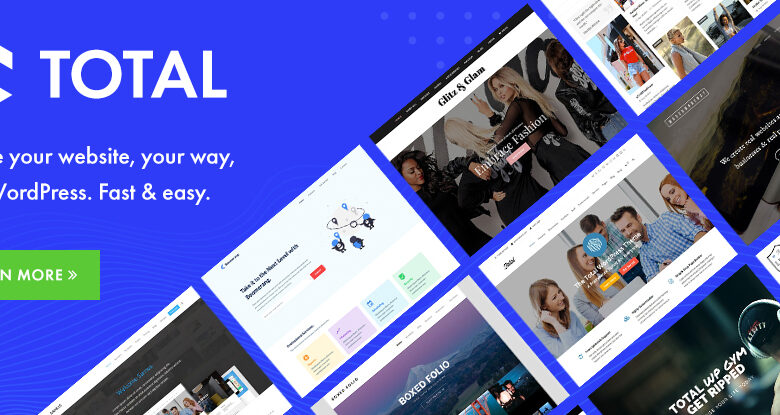For a lot of designers, standing out can be hard to do. In addition to talent, you need a brand that can easily be recognized and distinguished between all the other designers of the world. Possibly the best way to stand out is to have a website/portfolio that is both unique and professional. Here, we’ll discuss some of the tips you’ll want to consider when you’re setting up your website/portfolio, and how you can use them to reel in those new clients.
Get your domain name right
A domain name can say a lot about a brand. It’s the very first detail that clients will associate with your work, so it has to be easy to remember, and reflect what you do in some way, shape, or form.
If you’re a designer, then you’re in luck. Right now, you can get a free (yes really) .design domain name that comes with all of the right stuff to get you started. If you’ve been holding out for a while because the .com version of the domain name you wanted was taken, now is your chance. Having a .design domain name as a designer is like a dream come true. Your prospective clients will know what you’re all about before they even click on your name. You honestly can’t lose! Take me to me free .design domain name!
Use the right work samples
The easiest way to attract a new client is to show them your previous work. You’ll want to show them the best you have to offer. Is there a project that you’re not particularly proud of? Don’t worry. It’s not a crime to not include it.
In addition to showing off the best of what you’ve got, you should aim for diversity. You never know what kind of client will hit you up, so it’s best that you cover as much ground as possible. Show off multiple different websites you’ve completed for clients in different industries, not just print ad after print ad for the same brewing company. Spice it up a little!
Tell your story
With each project you complete, you should add a few descriptive details about what brought that project together. Without detail, it’s like ordering food at a nice restaurant just by looking at a picture. Just like people want to know what they’re eating, they want details about how you put your projects together.
Another way you can approach this is by describing what the past clients wanted, and then showing what you gave them. Show them step-by-step how you’ve made people’s dreams turn into reality. If people can see how you’ve made other people happy, there’s no reason to think that you couldn’t do the same for them.
Worry about optimization
Looks can be deceiving. A website can look absolutely amazing, but if it performs poorly, then you can scare away clients. Your website should run as smooth as butter and look good while doing so. You want the page to load up quickly, and the transitions between sections of the site to be flawless.
If you’re showing off your best work like we discussed a moment ago, then that means you probably have a lot of images. If your portfolio images load slowly, then the rest of your website will suffer. Here’s how you can avoid that:
- Resize your images
Not every image has to be thousands of pixels, especially if only a few hundred can get the job done just as well. Before you upload any image, you should resize them according to the context they’re going into. In most cases, the pixel count shouldn’t exceed 900.
- Compress your images
Most of the time, you can shrink your file size without disturbing the pixel count. There are lots of image compressor tools online to choose from, and they’re usually free, so why not?
Now, let’s say that a client sees your work, loves it, and can navigate through your website with ease. How do you land them? Once all of that happens, you simply need to supply them with an easy contact form. Your clients should be able to find your contact form quickly, and be able to fill it out easily. Put the link to contact you in as many reasonable places as you can. Ideally, it should be available on every page.
A lot of times, design agencies will display their phone numbers and emails, and there’s nothing wrong with that. But a contact form makes you much more reachable. The client can contact you straight through your own site.
The conclusion
It can be hard sometimes to stand out in a competitive industry. But, by following the tips above, you’ll be taking your first steps in the right direction. You want to make the user’s experience enjoyable and helpful. Remember that they’re searching online for someone to help them with their needs, not an entire photo album of past projects. Stand out, but look professional doing it.










Thanks for sharing this post. Helpful and Informative.
Thanks for sharing. Awesome post!